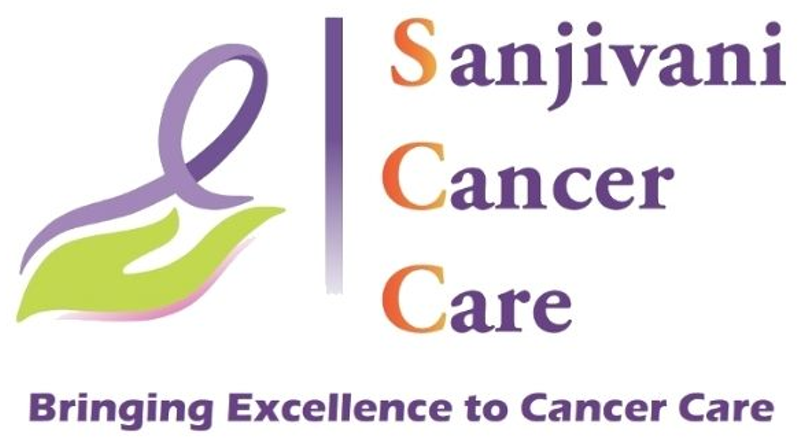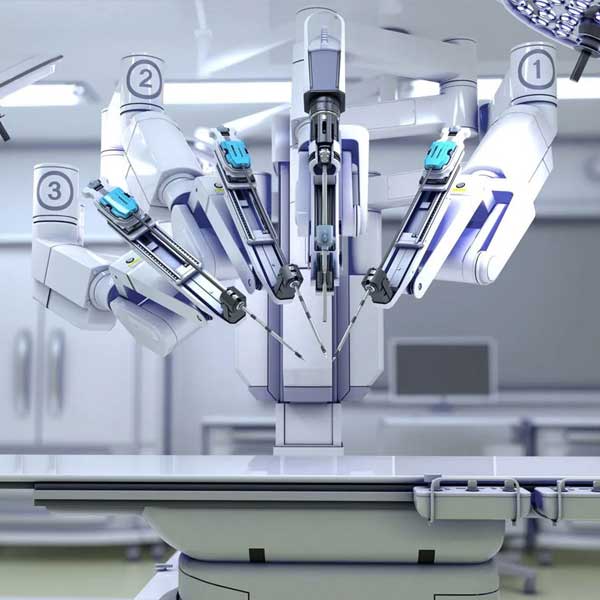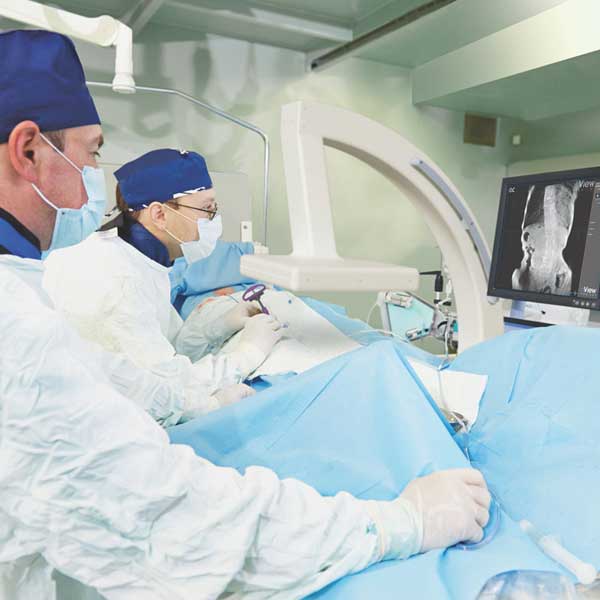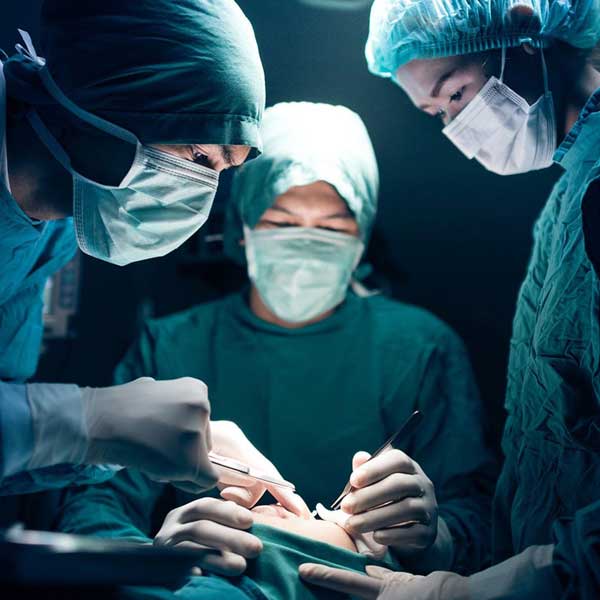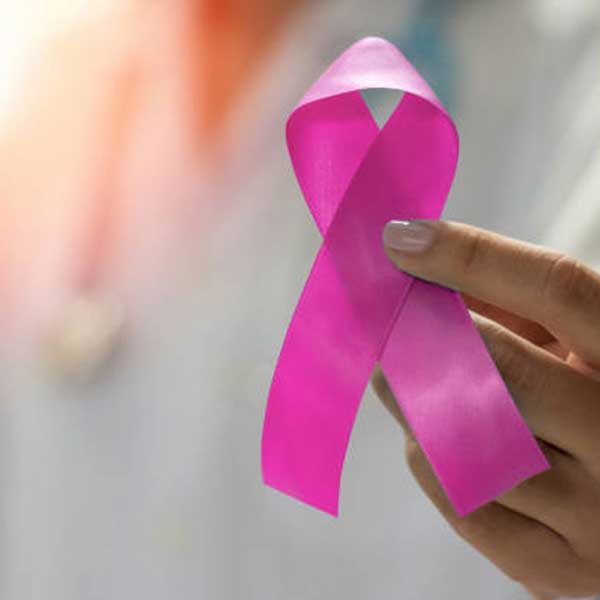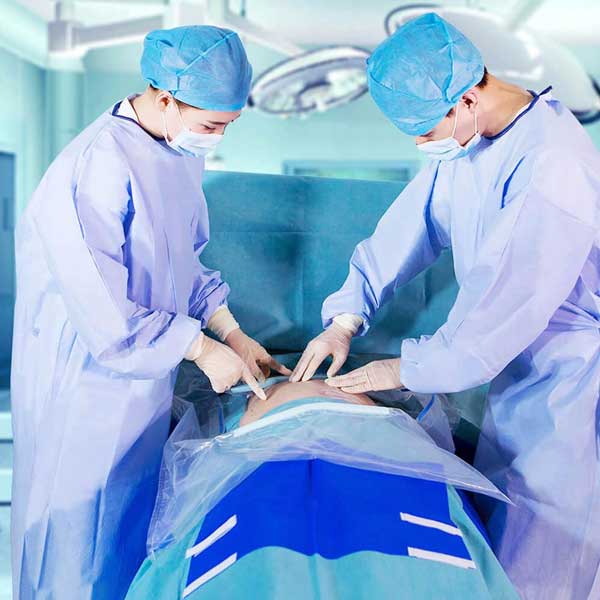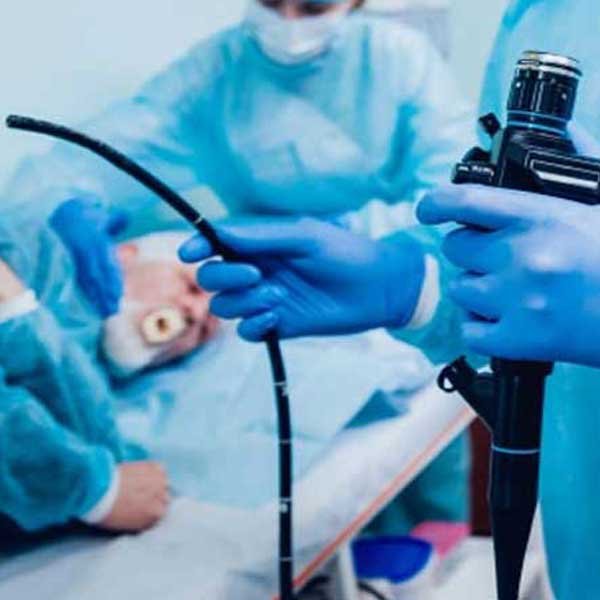Endoscopy
An endoscopy is a procedure where the inside of your body is examined :-
Endoscopes can be inserted into the body through a natural opening, such as the mouth and down the throat, or through the bottom.
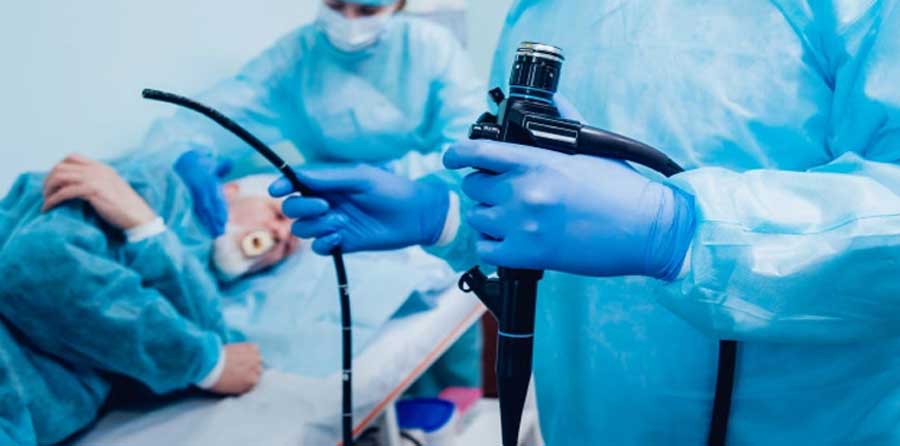
When an endoscopy is used?
An endoscopy can be used to:
An endoscope can also be used to remove a small sample of tissue for further analysis. This is known as a biopsy.
Investigating symptoms:
An endoscopy might be recommended to investigate the following symptoms:
If the food pipe (oesophagus), stomach or first part of the small intestine needs to be examined, it's known as a gastroscopy. If the bowel needs to be examined, it is known as a colonoscopy.
Therapeutic/ Endoscopy:
Modified endoscopes with surgical instruments attached to them or passed through them can be used to carry out certain types of surgery.
For example, they may be used to:
The Following Endoscopy Services are provided by Sanjivani Cancer Care for Cancer Patients..
